Is software maintenance service subject to value-added tax in Vietnam?
Is software maintenance service subject to value-added tax in Vietnam?
Pursuant to Clause 21, Article 4 of Circular 219/2013/TT-BTC supplemented by Clause 2, Article 1 of Circular 26/2015/TT-BTC, which regulates objects not subject to value-added tax as follows:
Objects Not Subject to VAT
...
- Technology transfer as prescribed by the Law on Technology Transfer; transfer of intellectual property rights as prescribed by the Law on Intellectual Property. In cases where technology transfer contracts or intellectual property rights transfers include the transfer of machinery and equipment, the object not subject to VAT is calculated based on the value of the technology or intellectual property rights transferred; if separation is not possible, VAT is calculated on the total value of technology, intellectual property rights transferred along with the machinery and equipment.
Computer software includes software products and software services as defined by law.
At the same time, pursuant to Clause 10, Article 3 of Decree 71/2007/ND-CP which stipulates the concept of software services as follows:
Definition
In this Decree, the following terms are understood as follows:
...
- Software services are activities directly supporting, serving the production, installation, exploitation, use, upgrading, warranty, maintenance of software and other similar activities related to software.
...
Thus, software maintenance services are not subject to value-added tax.

Is software maintenance service subject to value-added tax in Vietnam? (Image from the Internet)
Which entities are value-added taxpayers in Vietnam?
Pursuant to Article 3 of Circular 219/2013/TT-BTC, the regulation regarding value-added taxpayers is as follows:
- Business organizations established and registered under the Enterprise Law, the Cooperative Law, and other specialized business laws.
- Economic organizations of political organizations, socio-political organizations, social organizations, socio-professional organizations, people's armed forces units, public service organizations, and other organizations.
- Foreign-invested enterprises and foreign parties participating in business cooperation under the Foreign Investment Law in Vietnam (now the Investment Law); foreign organizations and individuals conducting business in Vietnam without establishing a legal entity in Vietnam.
- Individuals, households, independent business groups and other entities engaged in production, business, and import activities.
- Organizations and individuals conducting business in Vietnam that purchase services (including cases of purchasing services associated with goods) from foreign organizations without a permanent establishment in Vietnam, and individuals abroad who are not residents in Vietnam, shall be considered VAT taxpayers, except in cases not required to declare, calculate, and pay VAT according to guidance in Clause 2, Article 5 of Circular 219/2013/TT-BTC.
- Branches of export processing enterprises established to conduct goods trading and activities directly related to goods trading in Vietnam in accordance with the provisions of law on industrial zones, export processing zones, and economic zones.
When is the time for determining value-added tax in Vietnam?
Pursuant to Article 5 of Circular 219/2013/TT-BTC, the regulations on the point of tax determination for value-added tax are as follows:
- For the sale of goods, it is the point of transfer of ownership or right to use the goods to the buyer, regardless of whether the money has been collected or not.
- For the provision of services, it is the point of completion of service provision or the issuance of the service provision invoice, regardless of whether the money has been collected or not.
- For telecommunications services, it is the point of completion of data reconciliation related to telecommunications connection service charges according to the economic contract between telecommunications service business establishments, but no later than 2 months from the month in which the service charges arise.
- For the supply of electricity and clean water, it is the date when the consumption index on the meter is recorded for billing purposes.
- For real estate business activities, infrastructure construction, house construction for sale, transfer, or lease, it is the point of money collection according to the project implementation progress or the payment schedule stated in the contract. Based on the amount collected, the business establishment declares the output VAT arising in the period.
- For construction, installation, including shipbuilding, it is the point of acceptance and handover of the project, project item, completed construction, and installation volume, regardless of whether the money has been collected or not.
- For imported goods, it is the point of customs declaration registration.

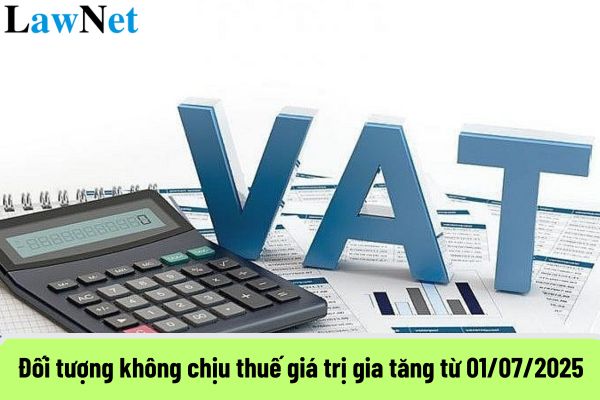

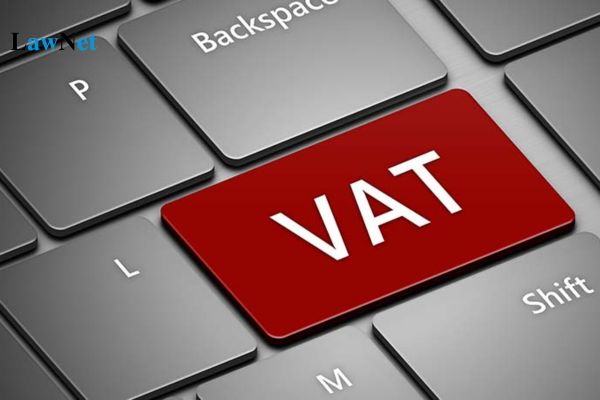


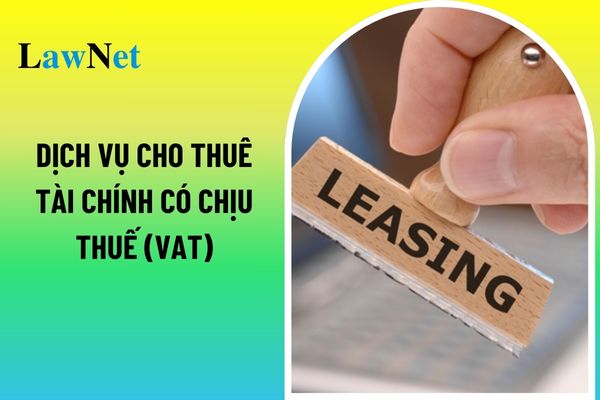

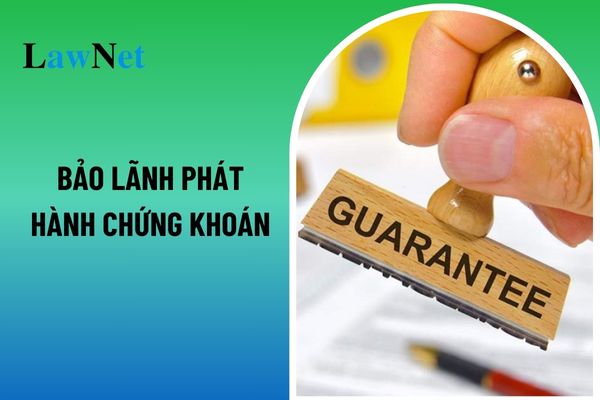
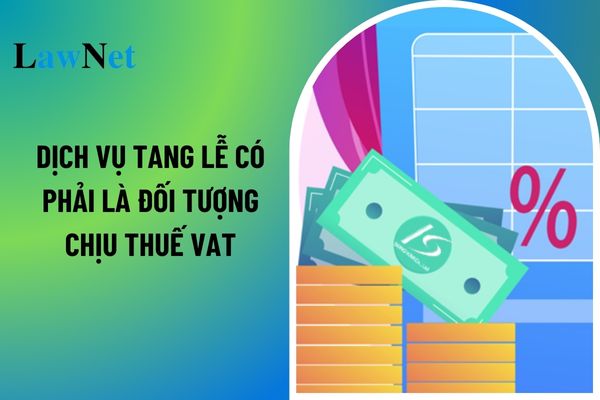
- Which entities have the power to impose penalties for tax administrative offences regarding tax evasion in Vietnam?
- From February 6, 2025, what does the taxpayer registration dossier include? Where is the taxpayer registration dossier received in Vietnam?
- From February 06, 2025, which entities are the subjects of taxpayer registration of Vietnam?
- Vietnam: Where is the submission place? What does the first-time taxpayer registration include from February 6, 2025?
- What day is the 6th of the 2025 Tet holiday in Vietnam? Which tax return is due on the 6th day of the Tet holiday in Vietnam?
- How to convert TIN to personal identification number for individual/household businesses in Vietnam from July 1, 2025?
- When shall invoices for provision of services with payments collected in advanced be issued in Vietnam?
- Vietnam: What does the first-time taxpayer registration application for individual or household business using personal identification numbers instead of TINs include from February 6, 2025?
- Vietnam: What does the application for initial taxpayer registration for individuals issued a TIN by the tax authority included from February 6, 2025?
- Vietnam: What does the application for TIN deactivation of an individual or household business include from February 6, 2025?

